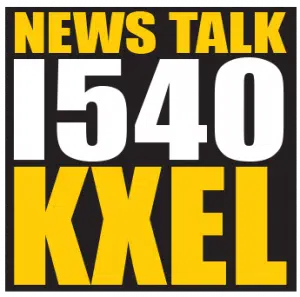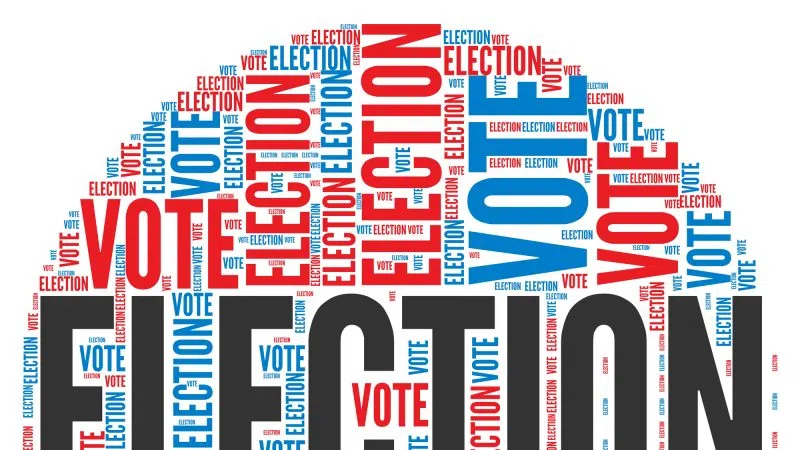(WASHINGTON) — After six recent close calls between commercial airliners, the Federal Aviation Administration says it will work to require all cockpit voice recorders (CVRs), often called black boxes, to capture 25 hours of information.
If ultimately finalized, that would be an increase from current regulations, which only require CVRs to record for two hours, and mark a major win for the National Transportation Safety Board, which has been pushing for the requirement since 2018.
The FAA said Thursday it would also establish an Aviation Rulemaking Committee to explore how to make greater use of data gathered by airplanes and their systems, including expanded flight data monitoring.
“We welcome any tools or resources Congress wants to provide to help us do this expeditiously,” the agency said in a statement.
In at least six of the most recent close calls involving commercial planes in the U.S. being investigated by the FAA and NTSB, CVR data is not available.
Under the current requirements, CVRs tape for at least two hours at a time and then new data begins to overwrite the previous recording. Aviation officials rely on CVRs in their investigations.
“When we use the cockpit voice recorder, we download it, we transcribe it and so we use that information to help supplement other data that we have, like from a flight data recorder,” Lorenda Ward, chief of the NTSB’s Air Carrier and Space Investigations Division, said in an interview with ABC News last month.
Ward cited one such close call in New York City in January.
On Jan. 13, an American Airlines flight crossed a runway at New York City’s John F. Kennedy International Airport without clearance from air traffic control, causing a Delta Air Lines plane to abort its takeoff from that runway, according to the NTSB. The closest point between the two aircraft was about 1,400 feet, a preliminary report from the agency stated.
“The reason it’s important, I use the American Airlines recent one at JFK, is that we have a crew who cross over an active runway not aware, they take off and they continue on to London … and the CVR gets overwritten,” Ward said. “So now we have to rely on crew statements to find out what was going on in the cockpit — whereas if we have a cockpit voice recorder, we can kind of hear that occurring in real time, like if there’s any kind of discussion, if there’s any distraction noises, communications with [air traffic control], anything that might be occurring there in the cockpit.”
The NTSB recently subpoenaed the crew of that American Airlines flight after they “refused” three requests for interviews. The NTSB said the crew “refused to be interviewed on the basis that their statements would be audio recorded for transcription.”
“The transcripts of each flight crew member’s account of the activities and conversation leading up to the runway incursion is particularly important in the absence of a cockpit voice recording,” the NTSB said in a statement.
The crew subsequently agreed to be interviewed in compliance with the subpoena.
“Twenty-five-hour CVRs don’t just help all of us learn from accidents and incidents, it helps operators improve safety,” NTSB Chairwoman Jennifer Homendy said during a safety summit convened by the FAA on Wednesday. “The fact is, Europe has mandated 25 hours … for over a year. We should do the same.”
ABC News’ Clara McMichael and Sam Sweeney contributed to this report.
Copyright © 2023, ABC Audio. All rights reserved.













